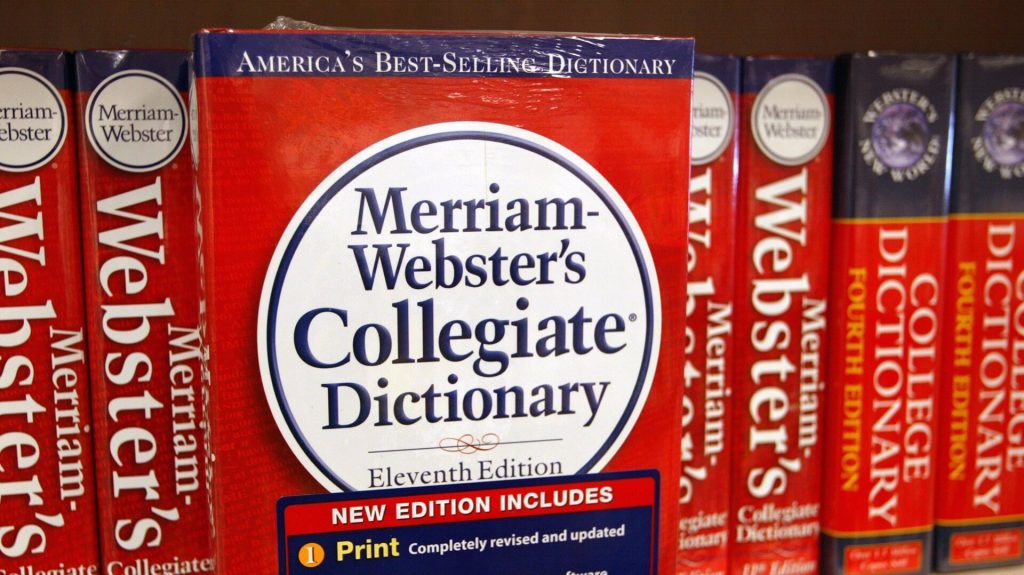Anthropic’s recent $1.5 billion settlement could open the floodgates for more publishers to sue AI companies over how they use copyrighted content.
Just this week, the Britannica Group, the parent of Encyclopedia Britannica and the Merriam-Webster dictionary, sued Perplexity. Filed on Wednesday in a New York federal court, the complaint accuses the buzzy AI startup of infringing Britannica’s copyright and trademark rights and claims its answer engine is cutting into the publisher’s revenue.
Perplexity, founded in 2022, dubs itself as an “AI-powered Swiss Army knife for information discovery and curiosity.” The company recently made headlines in August when it made a $34.5 billion bid to buy Google’s Chrome browser.
Perplexity is known for its answer engine, which pulls data from across the web and delivers quick, easy-to-read summaries to users’ questions. Britannica says those summaries often lift its content verbatim without permission, diverting readers who might otherwise visit its sites, traffic the company relies on for subscriptions and ad dollars.
“Perplexity claims to be the ‘world’s first answer engine,’ but the answers they provide to consumers are often Britannica’s answers,” Britannica Group CEO Jorge Cauz said in a press release.
This isn’t Perplexity’s first legal fight. Last year, Rupert Murdoch’s Dow Jones, the parent company of The Wall Street Journal and New York Post, accused the startup of illegally copying its work.
However, this new lawsuit lands just weeks after Anthropic agreed to pay $1.5 billion to settle claims it used millions of pirated books to train its Claude chatbot, signaling that lawsuits from publishers could result in a big payout.
Since the rise of AI tools like ChatGPT and Claude, publishers have pushed to make tech firms pay for the use of their content. AI companies depend on published and often copyrighted material like websites, newspapers, journals, and books to train their large language models and answer users’ questions.
OpenAI, for example, is still battling a 2023 lawsuit from The New York Times, even as it and Google have struck licensing deals with outlets such as News Corp and Reddit, respectively, to avoid more clashes. Perplexity itself announced in August that it would soon start sharing some of its revenue with publishers whose news articles are used to answer user questions.
Why is Britannica suing Perplexity?
Britannica’s complaint says Perplexity scraped its sites, copied and republished articles without permission, and even attributed AI-generated hallucinated answers that could damage the brand’s reputation. Britannica argues these actions violate both copyright and trademark law.
Additionally, Britannica says that it can create content thanks to the money it makes through subscriptions and advertising revenue. It accuses Perplexity’s answer engine of free riding on these investments by “cannibalizing traffic” to its sites.
The company is seeking unspecified monetary damages and a court order barring further use of its content.
Perplexity did not immediately respond to a request for comment from Gizmodo.

